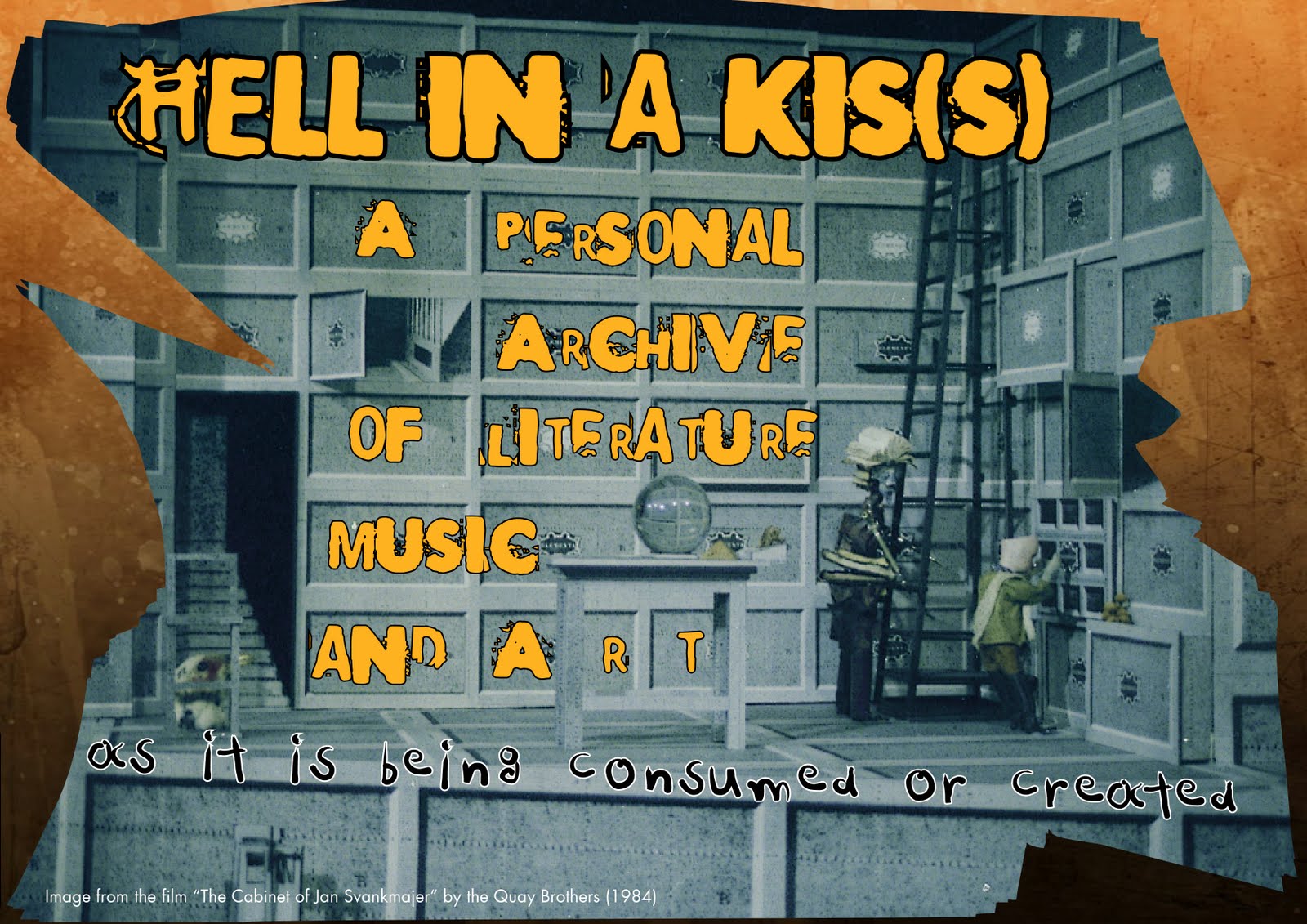Catherine Wing is a poet from Louisville, Kentucky. In this poem what struck me was the way the letter “r” emerges in the words used, becoming the dominant driving force that moves the poem forward. Everything starts to quietly resonate as if a purring engine has been switched on the moment you start reading the first line of the poem. Every carefully chosen word is a tremor and you slide. You start to find the “r” even in words that do not contain it. Is it the “r” that makes darker black? Is it the “r” that makes sooner so eminent? So close? How can one letter be so powerful? How can a poem be so beautiful?
The Darker Sooner
Then came the darker sooner,
came the later lower.
We were no longer a sweeter-here
happily-ever-after. We were after ever.
We were farther and further.
More was the word we used for harder.
Lost was our standard-bearer.
Our gods were fallen faster,
and fallen larger.
The day was duller, duller
was disaster. Our charge was error.
Instead of leader we had louder,
instead of lover, never. And over this river
broke the winter’s black weather.
The vinyl spins and the red lorry, or yellow lorry, I can’t remember now, tries to start its engine. It takes a crackle here and a few thundery gasps of oil and gasoline there, and we are on the move. The track playing on the radio is "Talk about the weather” by this post-punk group with the strange name. What a coincidence then that the battered book with the fading cover on the side seat, is also called "Let’s talk about the weather... and other poems” (1985) by Marin Sorescu. An important Romanian poet and a leading literary figure of his generation, Sorescu was the master of the sarcastic and the awkward. His existentialist themes worked well both at a universal and subjective level and his irony and sense of the absurd were brought forward in a simple and accessible language. The Nobel writer Seamus Heaney pointed out in his introduction to Sorescu's "Hands Behind My Back" (1991), that behind the author's subversive "throwaway charm and poker-faced subversiveness, ... there is a persistent solidarity with the unregarded life of the ordinary citizen, a willingness to remain at eye-level and on speaking terms with common experience”. Sorescu's words had the power to penetrate beyond all veils and curtains transparent or iron. The following three poems are gems in a treasure filled chest that is worth rediscovering.
Getting used to your name
(Translated by Gabriela Dragnea, Stuart Friebert and Adriana Varga)
After you've learned to walk,
Tell one thing from another,
Your first care as a child
Is to get used to your name.
What is it?
They keep asking you.
You hesitate, stammer,
And when you start to give a fluent answer
Your name's no longer a problem.
When you start to forget your name,
It's very serious.
But don't despair,
An interval will set in.
And soon after your death,
When the mist rises from your eyes,
And you begin to find your way
In the everlasting darkness,
Your first care (long forgotten,
Long since buried with you)
Is to get used to your name.
You're called--just as arbitrarily--
Dandelion, cowslip, cornel,
Blackbird, chaffinch, turtle dove,
Costmary, zephyr--or all these together.
And when you nod, to show you've got it,
Everything's all right:
The earth, almost round, may spin
Like a top among stars.
It's Been a Day
(Translated by C. Iliescu)
You're coming home
A bit worn out,
But satisfied.
Satisfied as a tram ticket
Showed to the collector
And punched exactly in the right place.
You've been unwinding generously
During the whole day,
And now you gather again, little by little,
You are waiting to rewind
And you return, you return from everywhere,
You return and you're never ending.
It's been a day like any other,
Full of achievements,
No sooner did you arrive at work,
Than you began to spread your own activity
On table, chairs, and telephone
And all surrounding objects meant for that.
You also faced some other tasks:
You asked for and you offered cigarettes,
You shook hands with at least one hundred fellows
Anticipating questions like «How are you?»
Before they had the possibility to ask you,
Thus managing to place them
In a position of inferiority.
And obviously you spoke all day, as usual,
Within the limits of the Current Romanian Language Dictionary,
Five thousand words or so.
And now while you are picking up the rust
From the key you forgot in your pocket,
The pebbles which got into your shoes,
Have now, one by one, slunk also in your soul.
And are so strangely jingling there,
Thus, now your children will have one more toy to rattle.
Even your nerves
Which have been so artistically twisted
All day long,
Will be in such a glorious way used by them
As a new buzzer for the paper kite.
In a few minutes, the kite will be joyfully hoisted
Over your house,
Signalling to the Cosmos that still,
Life does exist on Earth in spite of all,
and it's exploited to the maximum.
Perpetuum Mobile
(Translated by C. Iliescu)
Between people's ideals and their fulfillment
There will always exist a difference in level,
Which surpasses the highest waterfall.
Nevertheless we can use rationally
This fall of expectations by building on it
Something like a hydroelectric power station.
With the energy obtained this way,
Even if we can't do more than light our cigarettes,
Still, this is quite something,
As while we smoke,
We can seriously,
Think of even greater ideals.
Listen to:














